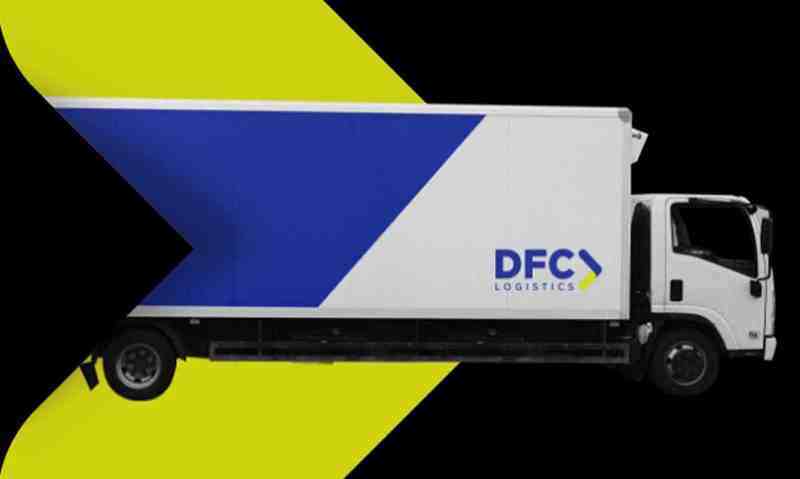The rollout of GST 2.0 reforms on September 22 has triggered a surge in demand for new passenger cars, making vehicles significantly more affordable. However, this spike in demand has created a shortage of car carriers needed to transport new cars from factories to dealers nationwide.
India currently has around 15,000 car carriers, each capable of hauling 6 to 8 vehicles depending on size and model. At any given time, approximately 2,000 carriers are off the road for maintenance. Since the GST 2.0 reform, very few carriers have been idle, allowing original equipment manufacturers (OEMs) to meet delivery schedules, according to industry sources.
Rising Demand and Logistics Challenges
Dharmvir Sharma, Managing Director of Chennai-based ICM Logistics Pvt Ltd, which operates a fleet of 550 car carriers, noted that dispatches from OEMs were slow until September 21. “From September 22 onwards, demand surged significantly. Some OEMs are now offering substantial incentives to transporters to clear piled-up inventory,” he said.
Sachin JKS HaritasH, Director of Delhi-based Chetak Group with 800 car carriers, pointed out that many OEMs failed to plan for carrier availability ahead of the GST reform. “Few offered incentives before September 22. Most started only after September 26, when the situation became challenging,” he said, highlighting the lack of planning during the transition phase.
Delivery Rush Intensifies
The shortage of carriers has forced manufacturers to look at alternative transport solutions. Mahindra & Mahindra plans to double its train movements to 100 across the country to ensure timely delivery of new vehicles, said Baneswar Banerjee, Vice President and National Sales Head of the company’s Auto Division.
Tata Motors has also leveraged its dealer network to meet demand. “We had planned an offtake during the Shradh period in collaboration with dealer partners. This has supported customer deliveries during the festival season so far,” said Amit Kamat, Chief Commercial Officer of Tata Motors Passenger Vehicles Ltd.
The GST 2.0-induced demand boom underscores the importance of proactive logistics planning, as automakers and transporters scramble to keep pace with the unprecedented surge in car sales.

